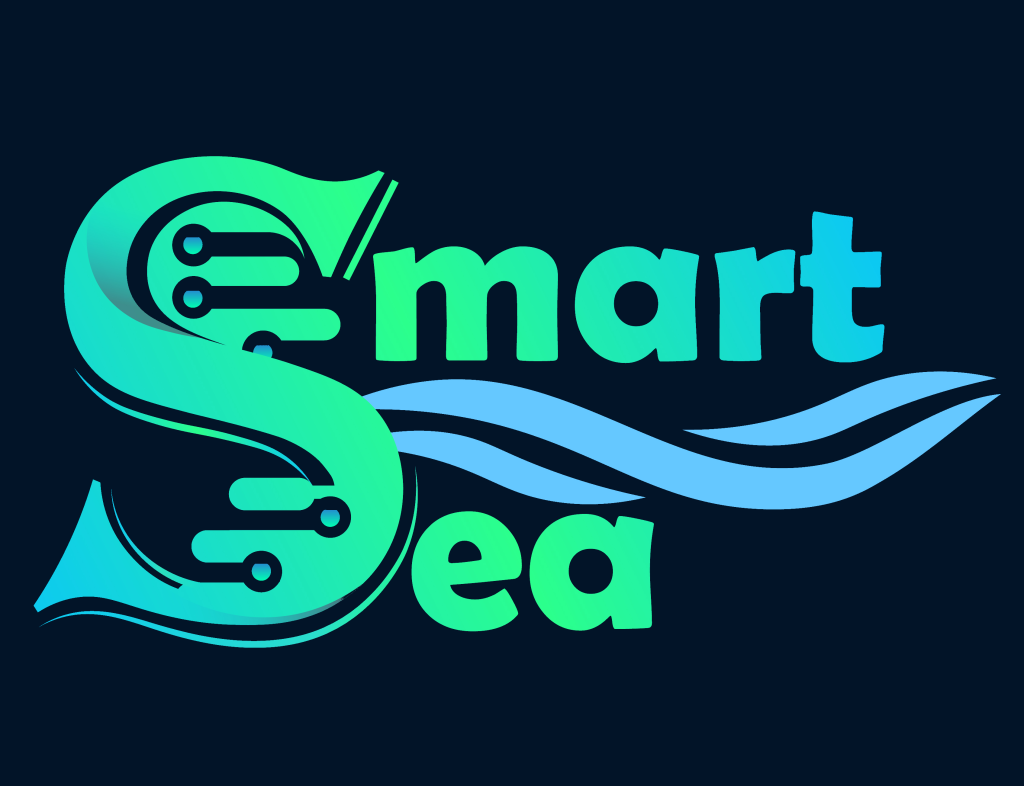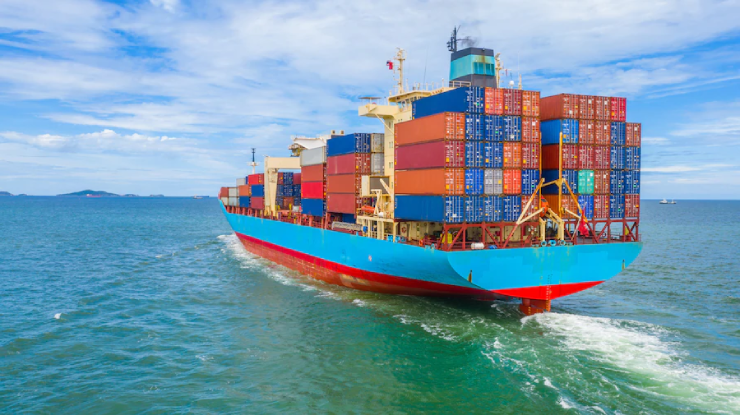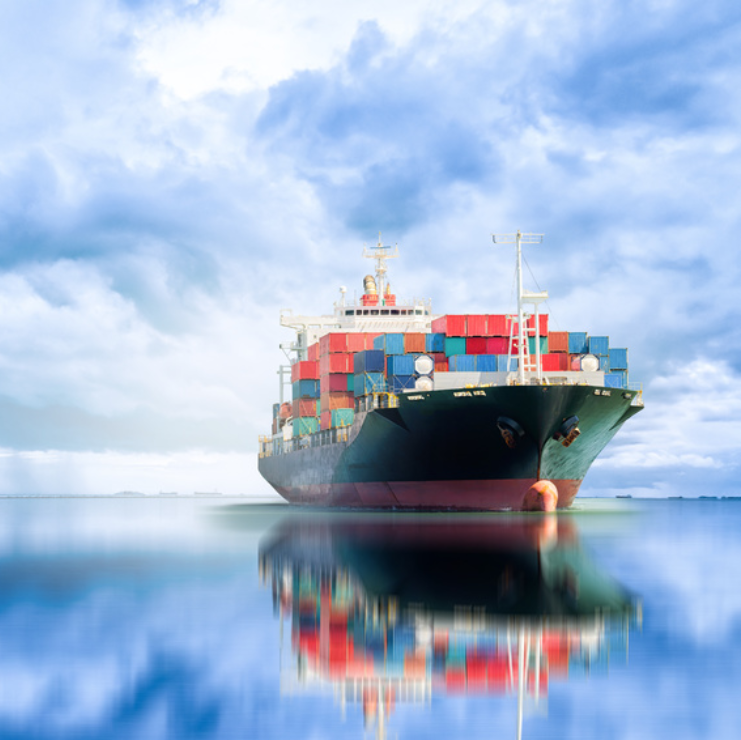The Internet of Things (IoT) is a network of physical devices embedded with electronics, sensors and actuators, that enables inter-connectivity among devices and data exchange. Over the past five years, this new technology has grown rapidly, finding application in many sectors, such as energy, healthcare, transportation, industrial and security. IoT is considered one of the leading gateway technologies to digital transformation. It is expected that by 2025, IoT reaches a potential market impact of USD 11.1 trillion.
Ships are crucial for the global transportation system, as 85% of the stock is carried by sea. In the maritime industry, the application of IoT technology enables shipping companies to connect their vessels in one platform, allowing data sharing with the entire corporate ecosystem, that stakeholders can exploit.
IoT systems are set to:
- improve the efficiency of the sector’s activities,
- improve the transparency of the companies and institutions,
- increase the safety and well-being of workers on-board (e.g. telemedicine is very valuable in the case of accidents in remote locations),
- reduce inefficiencies, risks and costs (e.g. by reducing fuel consumption, optimising engine use or maintenance systems),
- minimise the environmental impact.
Source: Integration of IoT Technologies in The Maritime Industry
Smart Sea® offers various services to shipping industry, focusing on Real-Time Performance Monitoring & Analysis. It aims to improve the efficiency of sector with the help of implementing smart technologies and digital twins. Smart Sea® increases the transparency in operations across the company by using a single, integrated and online data source for all who works with the vessel, both onboard and onshore. It helps the ship owners and managers with (1) emission control and compliance of the fleet, (2) safety at sea and (3) predictive maintenance.



